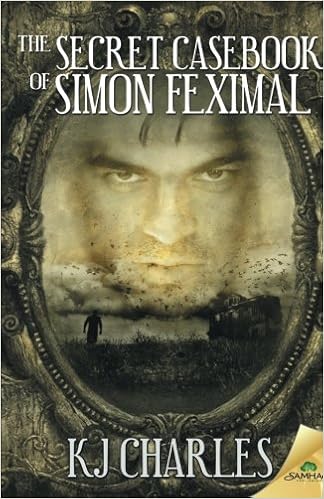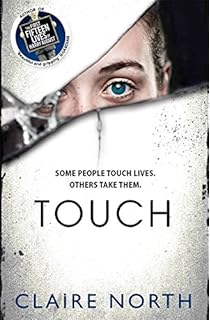“I believe that each haunting is an unfinished tale, of some kind,” Simon said. “If the story can be concluded, so is the ghost’s presence. The untold story is agony, whether it is the fact of a murder or the location of a will, or simply…unfinished business." [p. 58]
Simon Feximal is a ghost hunter and occult detective: Robert Caldwell, the ostensible author of the 'case notes', encounters him when the mansion he's inherited turns out to be haunted by a lustful, frustrated ghost. Feximal, whose skin is patterned with literal ghost-writing, is bad-tempered and taciturn. Caldwell believes he can see past Feximal's dour exterior to the man within. But his association with Feximal exposes him to dangers both supernatural and chillingly mundane.
There are many familiar names here: the Diogenes club, Carnacki the Ghost Hunter, the occultist Karswell (who gave Simon Feximal the runes on his skin), Sherlock Holmes. Indeed, Caldwell describes himself as 'your chronicler, your humble assistant, your John Watson'; and Feximal is the same species of brilliant eccentric as Holmes. This partnership, though, is explicitly a sexual and romantic one as well as a professional relationship, and Caldwell in his role as chronicler has written that 'secret' aspect out of their history.
I returned to this novel -- or, rather, anthology of connected stories -- after reading Spectred Isle, which is set in the same timestream and features some of the same characters. Secret Casebook is perhaps my least favourite of Charles' works and I think it's because it's told in the first person. Not that Caldwell is an unlikeable narrator: but Feximal is, despite Caldwell's insights, an almost impenetrable wall of silence, and that unevenness gave the book quite a different flavour to KJ Charles' other works.





